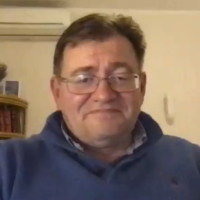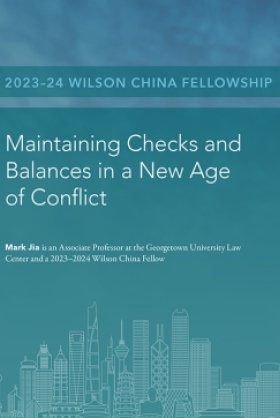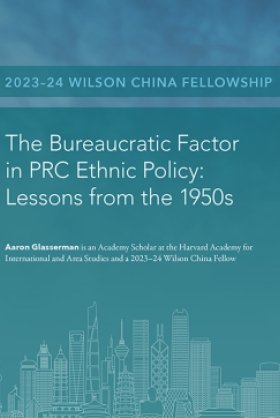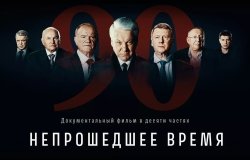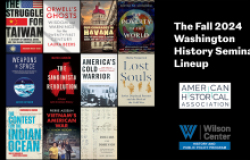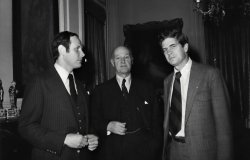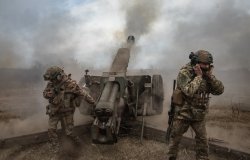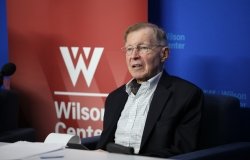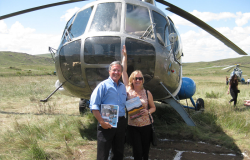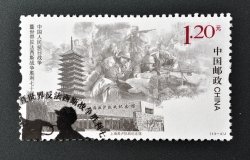Yale University Press
Collapse: The Fall of the Soviet Union
Thirty years after the unexpected collapse of the Soviet Union, Vladislav Zubok offers a major reinterpretation of this event, refuting the notion that the breakup of the Soviet order was inevitable. Instead, Zubok reveals how Gorbachev’s misguided reforms, intended to modernize and democratize the Soviet Union, deprived the government of resources and empowered separatism. Collapse argues that the Soviet collapse was primarily a domestic affair, yet the United States also played an extraordinary and poorly-understood role.
Overview
Thirty years after the unexpected collapse of the Soviet Union, Vladislav Zubok offers a major reinterpretation of this event, refuting the notion that the breakup of the Soviet order was inevitable. Instead, Zubok reveals how Gorbachev’s misguided reforms, intended to modernize and democratize the Soviet Union, deprived the government of resources and empowered separatism. Collapse argues that the Soviet collapse was primarily a domestic affair, yet the United States also played an extraordinary and poorly-understood role.
A world-leading expert on the USSR and the Cold War, Vladislav Zubok grew up in Moscow, in 1993-2012 lived and taught history in the United States. His best-known books include Inside the Kremlin’s Cold War (with C. Pleshakov, 1996), A Failed Empire: the Soviet Union in the Cold War from Stalin to Gorbachev (2007), and Zhivago’s Children: The Last Russian Intelligentsia (2009). He is now professor of international history at the London School of Economics and Political Science. Notably, Dr. Zubok has been a fellow with the Wilson Center’s History and Public Policy Program three times.
The Washington History Seminar is co-chaired by Eric Arnesen (George Washington University and the National History Center) and Christian Ostermann (Woodrow Wilson Center) and is organized jointly by the National History Center of the American Historical Association and the Woodrow Wilson Center's History and Public Policy Program. It meets weekly during the academic year. The seminar thanks its anonymous individual donors and institutional partners (the George Washington University History Department and the Lepage Center for History in the Public Interest) for their continued support.
Moderators

Christian F. Ostermann
Woodrow Wilson Center

Eric Arnesen
Professor of History, The George Washington University. Director, National History Center of the American Historical Association.
Panelists
Hosted By

History and Public Policy Program
The History and Public Policy Program makes public the primary source record of 20th and 21st century international history from repositories around the world, facilitates scholarship based on those records, and uses these materials to provide context for classroom, public, and policy debates on global affairs. Read more

Cold War International History Project
The Cold War International History Project supports the full and prompt release of historical materials by governments on all sides of the Cold War. Through an award winning Digital Archive, the Project allows scholars, journalists, students, and the interested public to reassess the Cold War and its many contemporary legacies. It is part of the Wilson Center's History and Public Policy Program. Read more

Kennan Institute
The Kennan Institute is the premier US center for advanced research on Eurasia and the oldest and largest regional program at the Woodrow Wilson International Center for Scholars. The Kennan Institute is committed to improving American understanding of Russia, Ukraine, Central Asia, the South Caucasus, and the surrounding region though research and exchange. Read more
Thank you for your interest in this event. Please send any feedback or questions to our Events staff.


